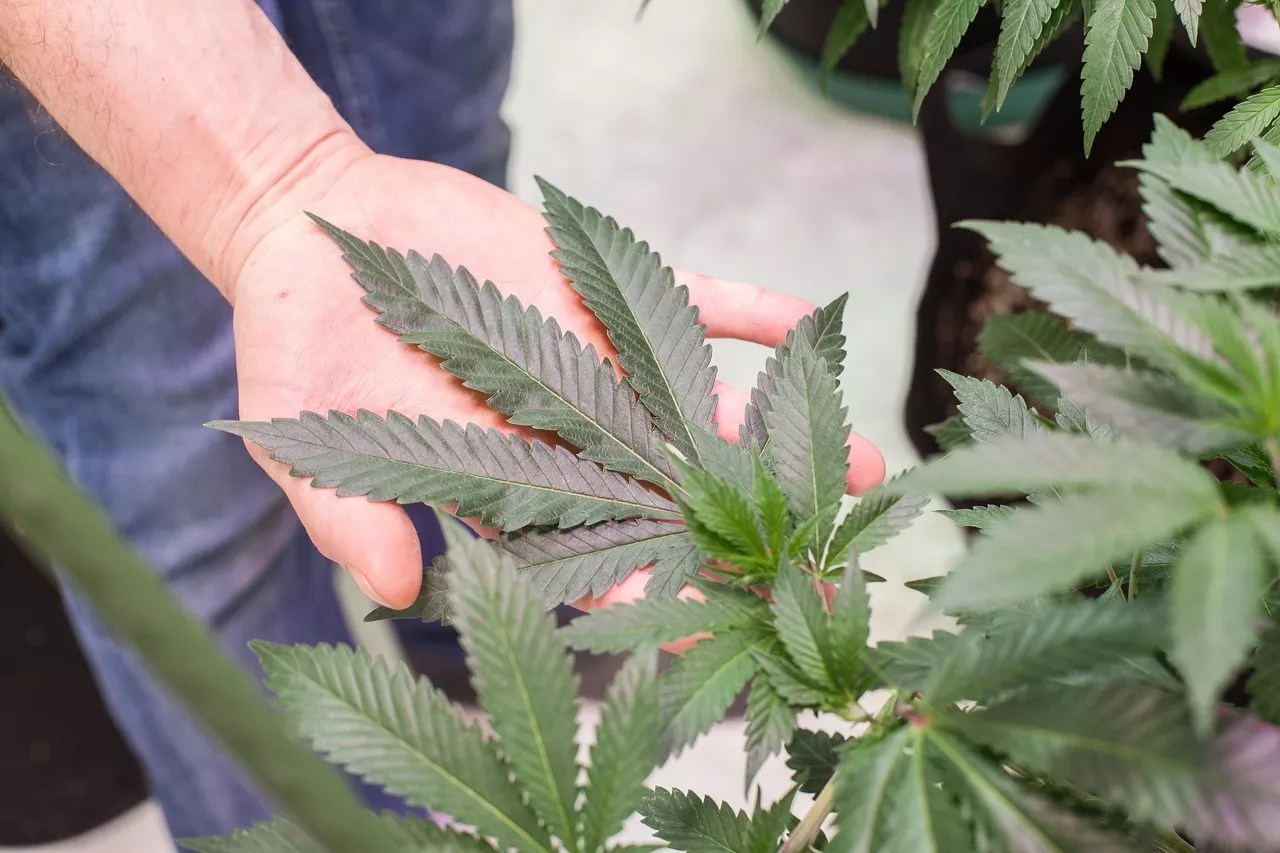
Jacqueline Collins

Audio By Carbonatix
The cannabis world is on fire on the heels of Associated Press reports that the Drug Enforcement Administration plans to suggest the rescheduling of marijuana, opening the door for a form of federal medical legalization.
Last August, the United States Department of Health and Human Services officially recommended that marijuana be lowered from a Schedule I federal substance, the same designation as heroin, to Schedule III, which includes drugs like ketamine and certain anabolic steroids. The HHS announcement came almost a year after President Joe Biden announced that his administration would review the plant’s Schedule I status and pardon low-level federal cannabis offenders.
Cannabis business owners have largely been hopeful that the DEA would follow the Biden administration’s recommendations, although some advocates are pushing for further rescheduling or a complete descheduling of the plant. Since the AP report dropped on Tuesday, April 30, most responses have been positive, with business owners and lawmakers voicing their desires for looser federal hurdles and tax burdens.
“I am thrilled by the Biden Administration’s decision to begin the process of finally rescheduling cannabis, following the lead of Colorado and 37 other states that have already legalized it for medical or adult use, correcting decades of outdated federal policy,” Governor Jared Polis says in a statement. “This action is good for Colorado businesses and our economy, it will improve public safety, and will support a more just and equitable system for all. We look forward to when Colorado businesses will continue to safely fulfill the consumer demand without facing additional safety challenges and unnecessary financial burden that 280E tax provisions created.”
We’re thankful for you. Are you thankful for us?
We feel thankful for our staff and for the privilege of fulfilling our mission to be an unparalleled source of information and insight in Miami. We’re aiming to raise $30,000 by December 31, so we can continue covering what matters most to this community.
Help us continue giving back to Miami.
Since the HHS recommendation last year, marijuana business owners have counted on rescheduling for lighter tax rates. Because of the plant’s Schedule I status, which prohibits any form of commercialization, state-legal marijuana businesses are banned from tax deductions and often have trouble accessing banks and financial services.
Under a Schedule III designation, industry representatives believe that marijuana dispensaries, growers and other businesses could qualify for tax deductions like those in more traditional industries. A Schedule III label for cannabis would also create more federal research opportunities.
“There are benefits both tangible and intangible. The tangible benefits are several: immediately, once rescheduling is complete, the brutal federal income tax that state-legal businesses have had to endure, goes away,” Marijuana Industry Group (MIG) executive director Truman Bradley explains. “What that means is, for the first time, the federal government will treat marijuana businesses more similarly to other businesses in the country.”
According to the AP, the White House Office of Management and Budget must review the DEA’s proposal. After that, the DEA will hold a public comment period that has yet to be scheduled. But Bradley says DEA approval was “perceived as the biggest roadblock to actual rescheduling,” and that “it’s believed that the rest of the process will happen without too many delays.”
In Colorado, where medical dispensaries have been operating for over fifteen years and recreational pot sales have been legal since 2014, the marijuana industry has been stuck in a three-year recession complete with dropping prices, revenue and business licenses. Bradley sees rescheduling and a potential shift in federal tax collection as a huge lift for hurting businesses in mature markets, and he’s not alone.
According to Sundie Seefried, the CEO of Colorado-based marijuana credit union Safe Harbor Financial, the access to capital that comes with Schedule III status could improve industry stability.
“From a banking and lending perspective, we believe that the reclassification of cannabis will broaden lending opportunities for cannabis businesses, leading to access to lower interest rates, increased access to capital and improved financial stability across the industry. This newfound access to traditional financing channels has the potential to stimulate growth, innovation and compliance efforts within the industry, ultimately fostering economic development and job creation,” Seefried says in a statement.
And the impact doesn’t stop in the states, she adds: “Elevating cannabis to Schedule III demonstrates the United States’ leadership on an international scale, and has the potential to positively influence agreements and international treaties with organizations like the United Nations and World Health Organization. This shift could hold significant weight, especially for other countries seeking to challenge current classifications and legalize cannabis sales.”
Because of the plant’s Schedule I status, banks and financial institutions are still banned from providing services to state-legal cannabis businesses. Dispensaries, growers and other cannabis businesses often lose their bank and credit-card accounts, struggle to secure loans, and typically have to deal in only cash at the consumer-facing level.
Although it’s unclear if Schedule III status would allow banks to serve marijuana businesses, Bradley calls the upcoming announcement a “tailwind that pushes federal cannabis policy forward, specifically in [Congress].”
The accepted assumption is that rescheduling would help all state-legal marijuana businesses, but the AP reports that the DEA is only prepared to recognize the medical use of marijuana, and not recreational purposes or trade. However, most marijuana business owners and lobbyists are confident that the tax implications and new legal protections will extend to recreational businesses, as well.
“I do see that extending to both sides. I don’t think the DEA will bifurcate medical and recreational. They certainly could, but I just don’t think they would, given how unpopular that would be” Bradley predicts. “That would be a huge nightmare for businesses, tax administrators and government officials. It would just be a giant mess.”